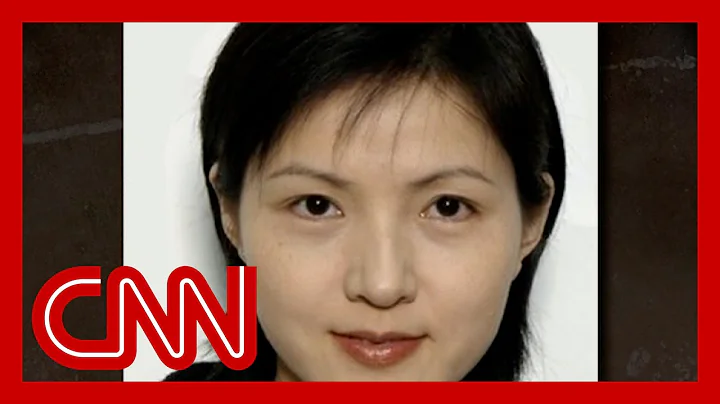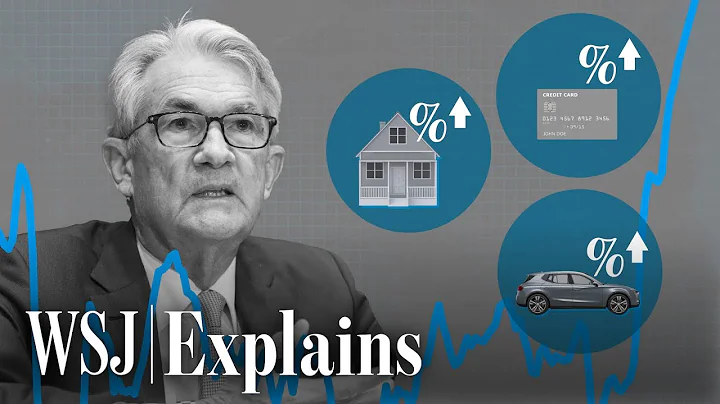
File photo by China News Service reporter Zhang Yun
China News Service, Beijing, November 17 (Reporter Wei Xi) Over the past few days, under the influence of factors such as rising expectations for the Federal Reserve to raise interest rates and the relative strength of the US dollar, the exchange rate of the RMB against the US dollar has declined. Continued lower.
html On the 117th, the central parity rate of the RMB against the US dollar announced by the China Foreign Exchange Trading Center was 6.8692, down 100 basis points from the previous trading day, marking the tenth consecutive trading day of decline. This is the second time since the establishment of the China Foreign Exchange Trading Center in 1994 that there has been a "ten consecutive decline". The last time was in December 2015.Faced with continuous decline, the People’s Bank of China has not taken action so far. The market continues to speculate as to where the "bottom line" of the RMB exchange rate decline against the U.S. dollar will be, and how long can Chinese officials be "patient"?
However, it is not difficult to guess the central bank’s intentions from its recent statements.
"The US dollar index has appreciated significantly. According to the central parity rate formation mechanism of RMB against the US dollar of 'closing price + change in the exchange rate of a basket of currencies', the RMB exchange rate against the US dollar has depreciated accordingly. This is a natural reflection of changes in the international foreign exchange market." China's central bank currency Policy Analysis Group said.
In fact, since the RMB joined the Special Drawing Rights (SDR) on October 1 this year, the depreciation trend against the US dollar has continued, but the Central Bank of China has not intervened in the market. The central bank's thinking is very clear: continue to follow the principles of initiative, controllability and gradualism, further improve the market-based formation mechanism of the RMB exchange rate, give full play to the role of the market in the formation of the RMB exchange rate, enhance the two-way floating flexibility of the exchange rate, and maintain the RMB exchange rate at a reasonable and balanced level. basically stable. Therefore, this mechanism emphasizes greater flexibility and tolerance.
Caixin Think Tank Managing Director Zhong Zhengsheng analyzed that with the central parity rate of the RMB against the U.S. dollar breaking through the "6.8" mark for the first time in six years, the central bank did not take action. One of the reasons is that Trump was elected as the US president. The turmoil in the global financial market has put emerging market currencies generally under pressure. Under this circumstance, the depreciation of the RMB has not caused market panic. At present, "the central bank has the conditions to appropriately increase the flexibility of the RMB exchange rate."
Zhou Jingtong, director of macro research at the Bank of China Institute of International Finance, expects that the prospects for changes in the RMB exchange rate are: short-term depreciation, rising volatility, and controllable amplitude.
He believes that although the RMB does not have the basis for long-term sustained depreciation, the depreciation pressure that has existed in the near future has not been fully released. In the new stage of the Fed's interest rate hikes, it is necessary to be alert to the risk of phased "overshooting" of the RMB exchange rate and the possible negative impacts.
The so-called "overshoot" can be simply understood as the "excessive depreciation" of the currency exchange rate after a sustained period of depreciation under economic shocks.
"In the short term, the pressure on the depreciation of the RMB against the US dollar will not diminish. The phased differentiation of economic and financial trends between China and the United States is the fundamental reason for the depreciation of the RMB against the US dollar. This fundamental factor is difficult to improve in the short term, especially when the Federal Reserve raises interest rates and the US dollar is relatively strong. In the future, the pressure on RMB depreciation will continue to increase. In addition, domestic economic reform and monetary policy regulation also require appropriate depreciation of the RMB exchange rate to create space." Zhou Jingtong said.
On the same day, Yu Yongding, a member of the Chinese Academy of Social Sciences, also said at a public forum held in Beijing that the current central bank policy is to moderately intervene in the foreign exchange market and finally reach an equilibrium exchange rate level. At the same time, China will avoid using too much foreign exchange reserves to intervene in the exchange rate.
Yu Yongding, who once served as a member of the Monetary Policy Committee of the People's Bank of China, believes that the fundamentals of the Chinese economy do not support the devaluation of the RMB and the RMB should be a strong currency.
"I do not deny that if the central bank stops intervening, a so-called 'overshoot' may occur in the short term, but this is not a big problem. We have the ability to overcome this impact, as long as we are prepared." Yu Yongding said. (End)





















